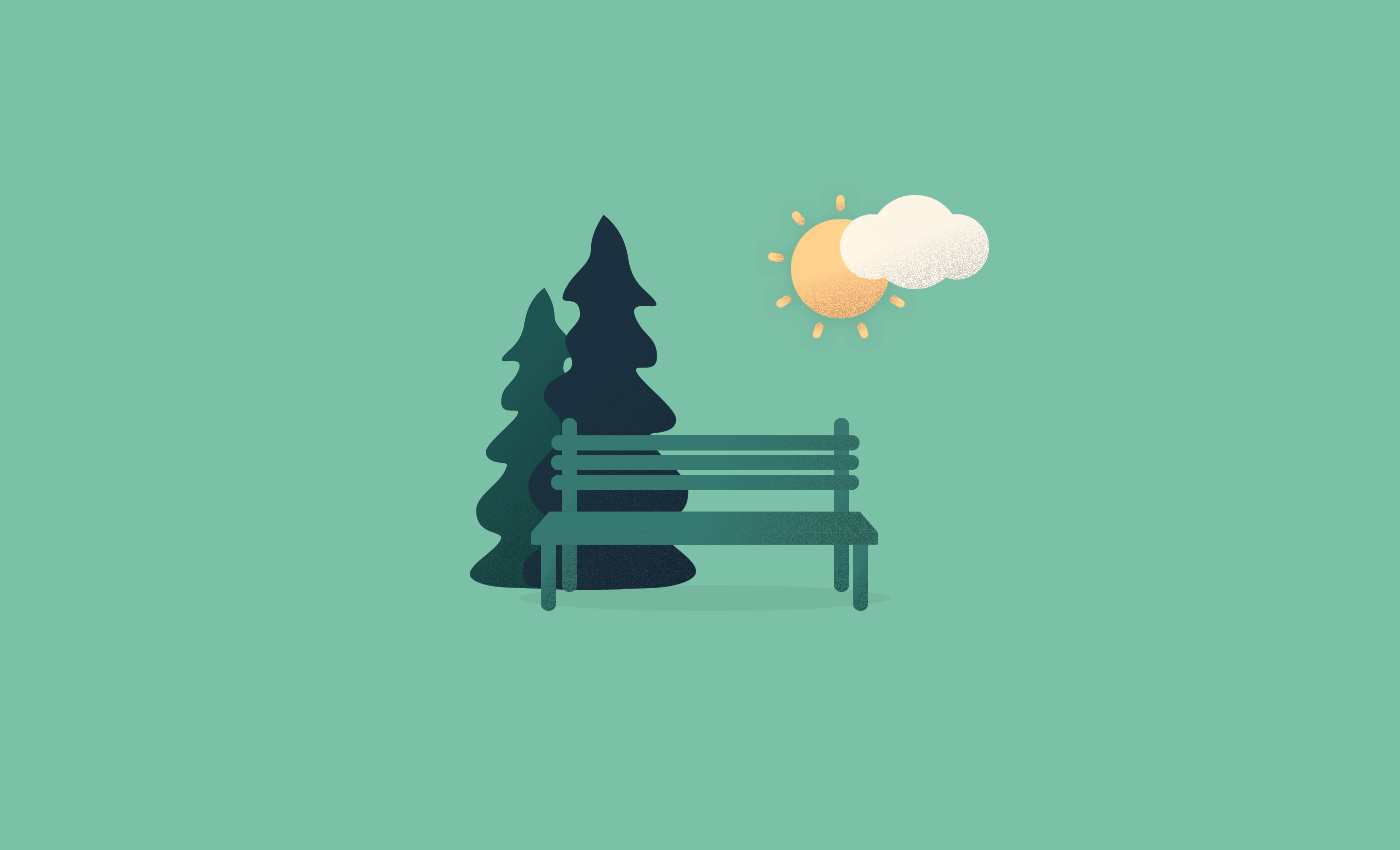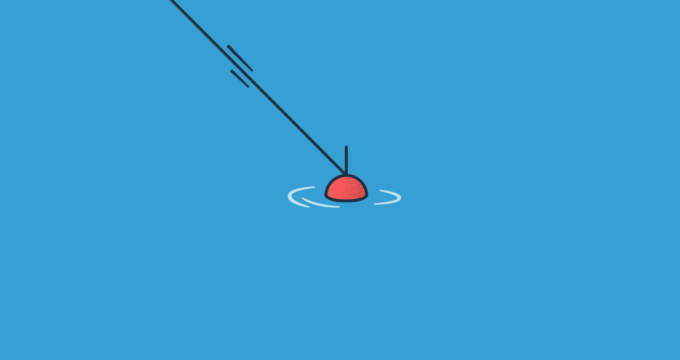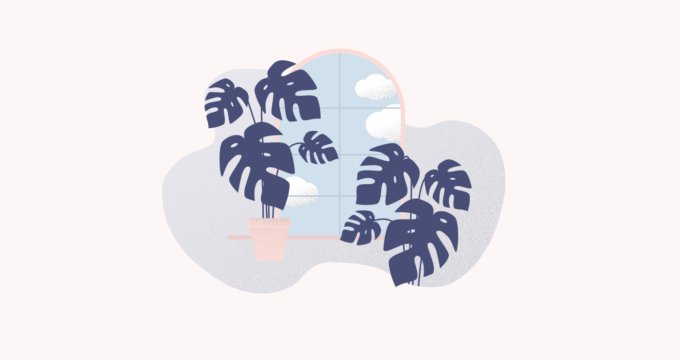Need a break? 8 ways on how you can take effective breaks from work or study
Productivity Wellbeing
If you feel like you can’t focus on anything and can’t stay concentrated for more than a few minutes, it’s probably a sign that your mind desperately needs a break.
But how do you take an effective break? Here are some tips on what to do during a work or study break:
1. Get some fresh air
Most of our day is unfortunately spent indoors and consequently, be it during our work day or during the night, we’re continuously exposed to air that is contaminated with fumes and dust. However, in order to properly function, our body needs fresh air which is rich in oxygen. If your energy levels are low and your brain feels foggy, it might be time for a fresh air break.
Fresh air not only improves your blood pressure and heart rate but it also helps you to significantly perform better on cognitive tasks and to increase your decision-making abilities. Lastly, breathing fresh air helps to boost the serotonin level, which is proven to help you relax, lift your mood and increase your happiness and overall well being.
2. Drink water
Tiredness and fatigue can often be attributed to dehydration. We all know that water should be one of the key ingredients of our diet, but still, most of us struggle to hit the mark of 2.5 liters per day.
But why is water important for productivity? Well, a dehydration of 1-2% can already result in an increased feeling of fatigue and anxiety, a decrease of your working memory as well as an increased frequency of headaches, impaired concentration and degraded mood.
3. Go for a walk
Be it at work or at home in front of the TV, we spend way too much time sitting rather than standing or doing some activity. Too much sitting does not only increase your risk of heart disease but researchers also found a link between sedentary behaviour and the thinning in brain regions related to memory formation.
Researchers found that if you go for a 30 minute walk during your lunch break, you can cope better with your workload as you are less tense, more relaxed and overall more enthusiastic.
Not just that. Walking also increases your ability to think creatively and it helps you to reduce the risk of cognitive impairment.
4. Connect with nature
Our work environment, be it the office, a coworking place, coffee shop or our home, is far off from our natural habitat: nature.
Yet, being in nature or connecting with nature is one of the best and most powerful resources we have to reduce stress, boost our morale and improve our overall well-being. Engaging with nature is an easy way to unplug and help clear our minds from what is causing us stress.
You can connect with nature in many ways: take a break to take care of the plants in your work environment, head to the nearest park for a quick stroll, indulge yourself in videos or photos of mesmerizing nature scenery or listen to some nature sounds.
5. Exercise
When you’re confined to your desk the whole day, you naturally become more and more sluggish as the day goes on. One reason for this may be the lack of movement in your body.
Small exercises boost hyper oxygenation in your brain which in return improves your cognition and better reasoning and decision-making.
A study has shown that just 30 minutes of exercise during your work day can significantly improve your concentration and ability to meet time demands.
6. Play
Work can often be very stressful, especially in situations where your problem solving skills are required in order to make big decisions or come up with creative solutions. Sometimes, when you are faced with an apparent insurmountable problem, it’s best to take a step back and leave the problem aside for a while and do something else, such as playing or other creative activities.
Engaging in play or any creative activity helps you to blow off some steam, relax and ultimately improve your productivity once you go back to work. In fact, the best ideas arise often in a natural and relaxed setting that inspires play and foolishness away from the typical work desk.
7. Get some vitamin D
Depending on where you live, and especially during the winter months, it may be very difficult to get enough vitamin D. A lack of vitamin D can result in fatigue, low mood, depression as well as high blood pressure.
By getting enough daily vitamin D you will not only be able to fight back those symptoms, but it will also help you to relax, fuel your energy and improve your overall well-being and mood.
8. Rest your eyes
If you work long hours in front of your computer you might experience signs of Asthenopia or more commonly known as “Eye strain”. Symptoms include frequent headaches, blurry or double vision, burning eyes, focusing difficulties as well as eye fatigue.
Since your blink rate gets slower when you stay concentrated for long times, try to blink more often while working or reading. It’s also helpful to frequently look away from your screen and into the distance and to go outside as fresh air will provide oxygen to your eyes and this will help relieve some eye strain and fatigue.



